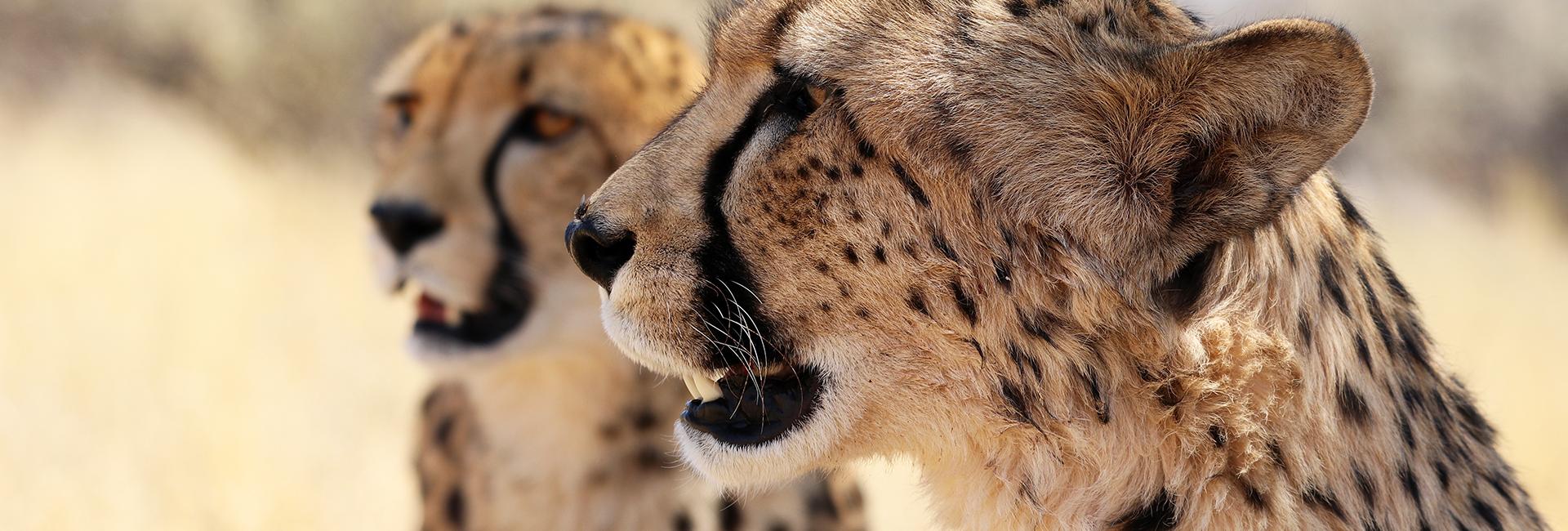
Cheetah Conservation
Cheetah Conservation
As one of the most immediately recognisable animals in the world, the Cheetah stirs up images of wide, open savannahs with the powerful big cat racing across them in hunt of their prey. This often dramatic scene is the reason as to why cheetah conservation is needed, as without it this incredible animal’s numbers will continue to drop.
Here at The Great Projects we offer Cheetah Conservation trips and they are the perfect chance for you to get involved and play your part in saving one of the most well-known animals in the world. Visit Africa and become our next cheetah conservation volunteer, and you will get the chance to really make a difference to the lives of these big cats.
Projects Do More
14 - 84 Nights from $1,614.00
Experience hands-on volunteering in Africa in the heart of the beautiful Namibian wilderness!
View project7 - 84 Nights from $939.00
Join this 'Big 5' conservation project and help make a difference to the lives of the amazing animals that live here!
View project14 - 84 Nights from $1,614.00
Volunteer with big cats, baboons, meerkats and more at this stunning wildlife sanctuary in Namibia.
View project7 - 56 Nights from $2,154.00
Luxury meets conservation at our brand-new 'Big 5' project! Experience wildlife rescue and rehabilitation missions in the home of Safari, South Africa.
View projectCheetah Conservation Information
Cheetahs At A Glance
Endangered Status
Vulnerable
Number remaining in the wild
7,600
Endemic Region
Africa and some parts of Asia




